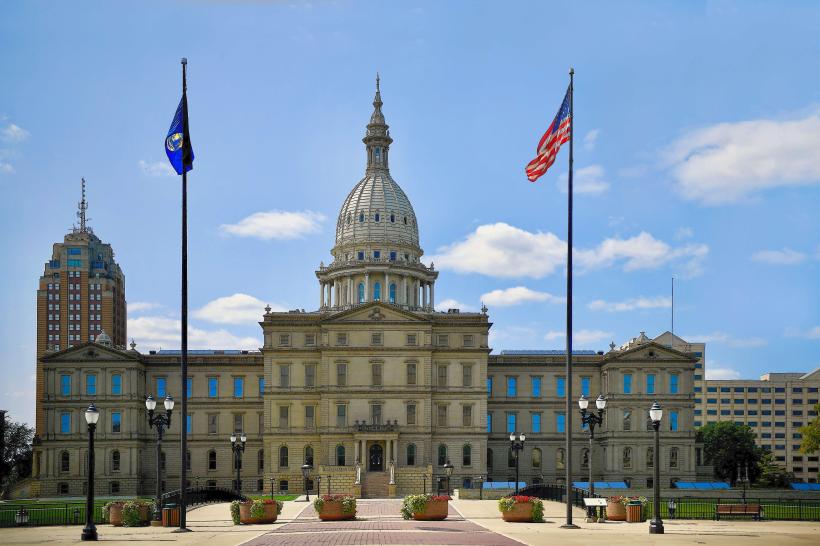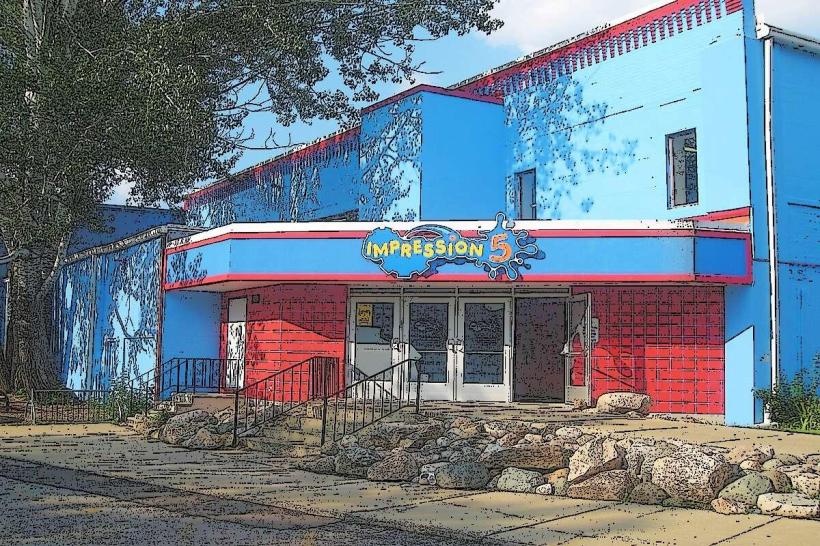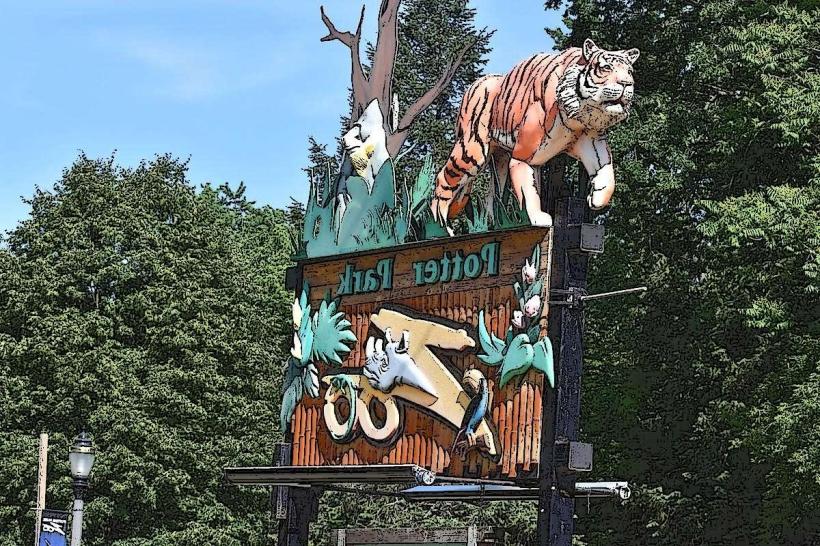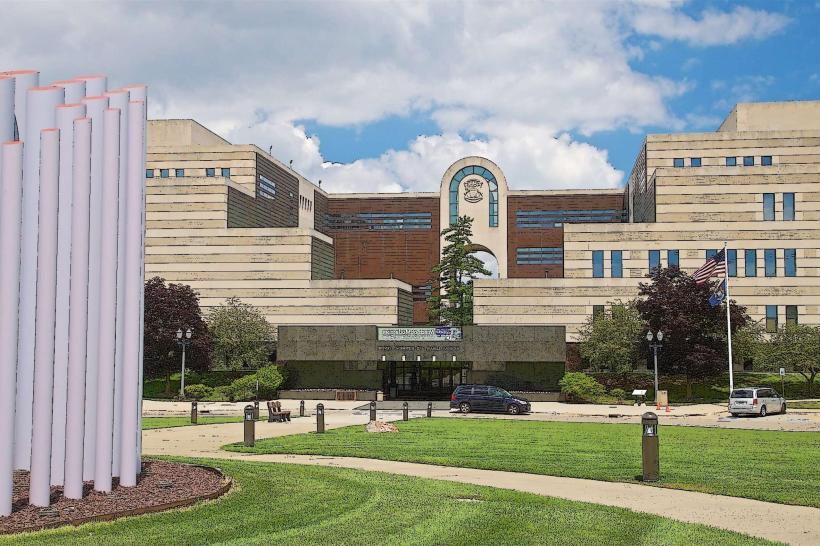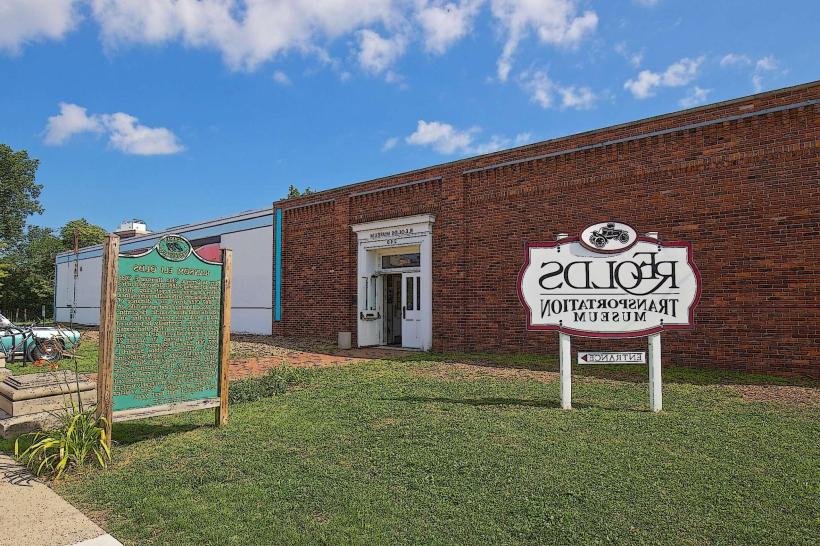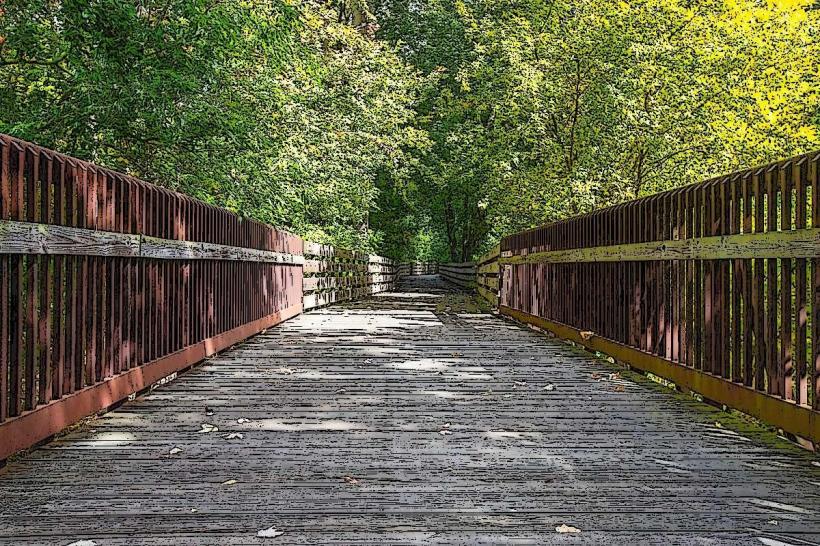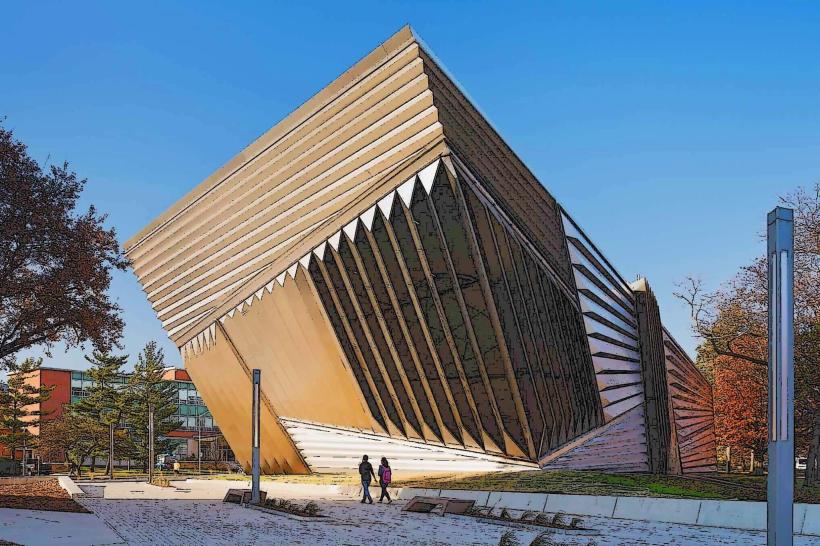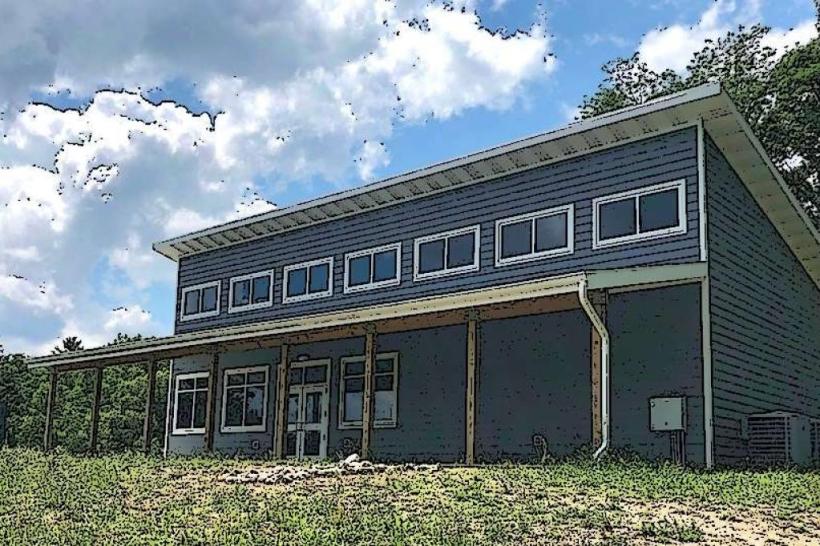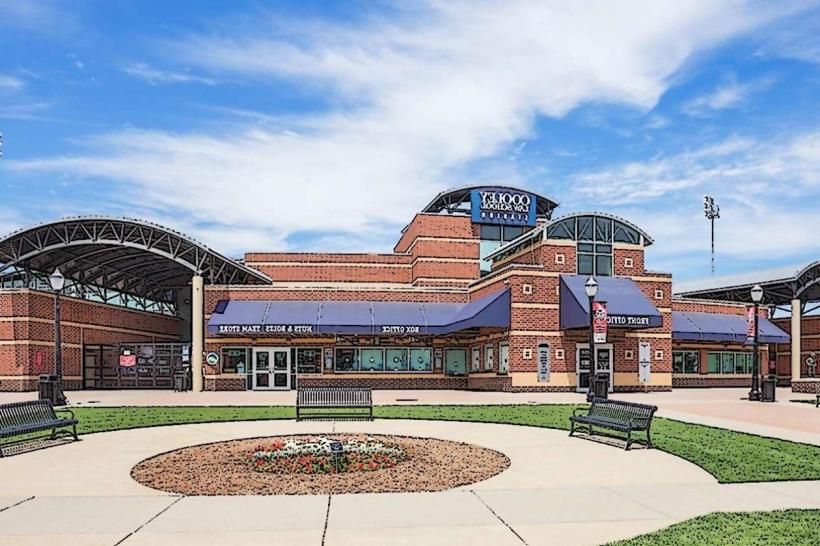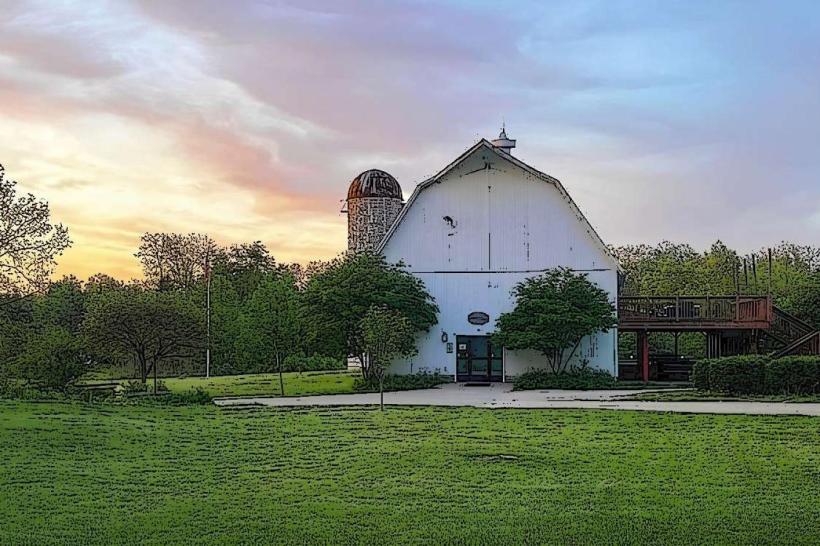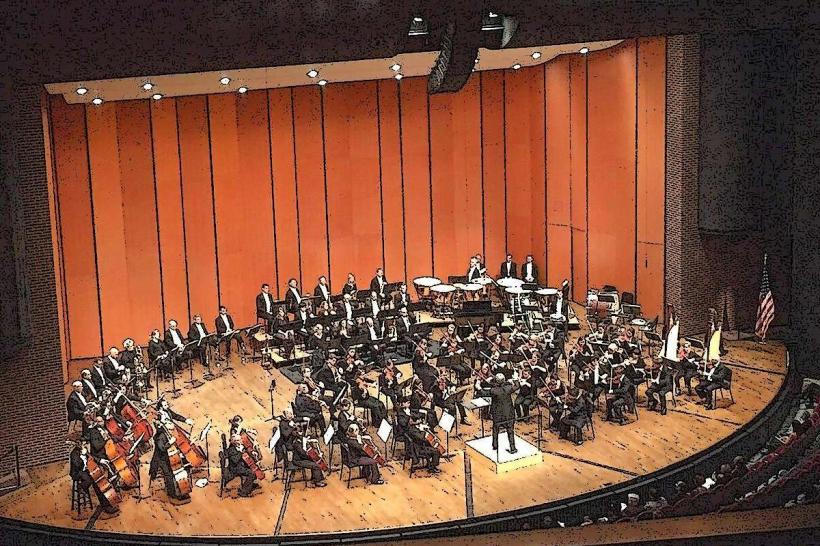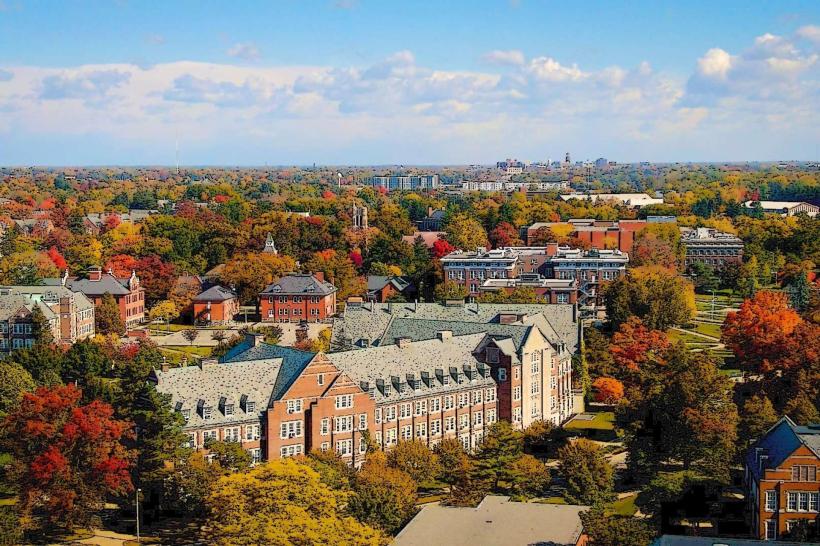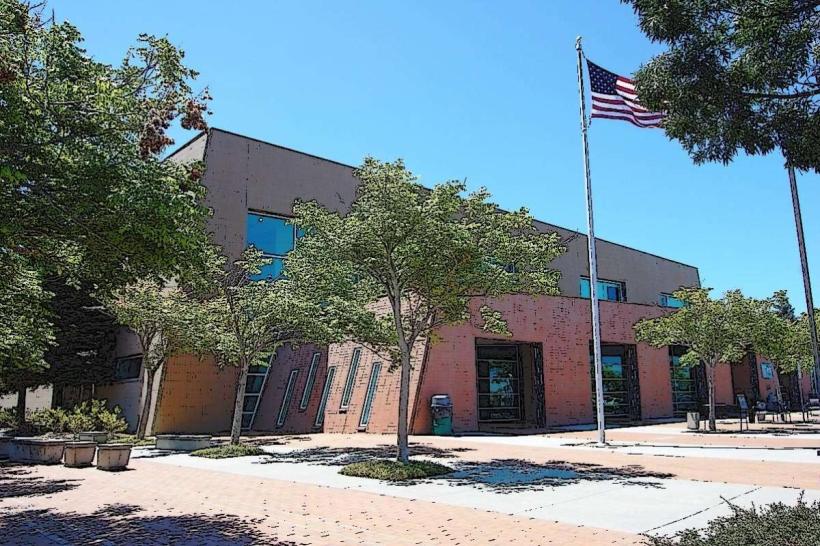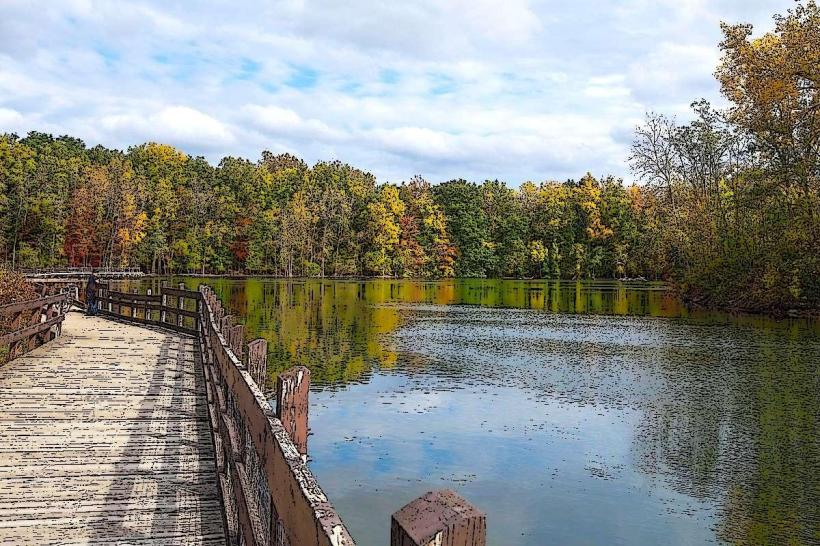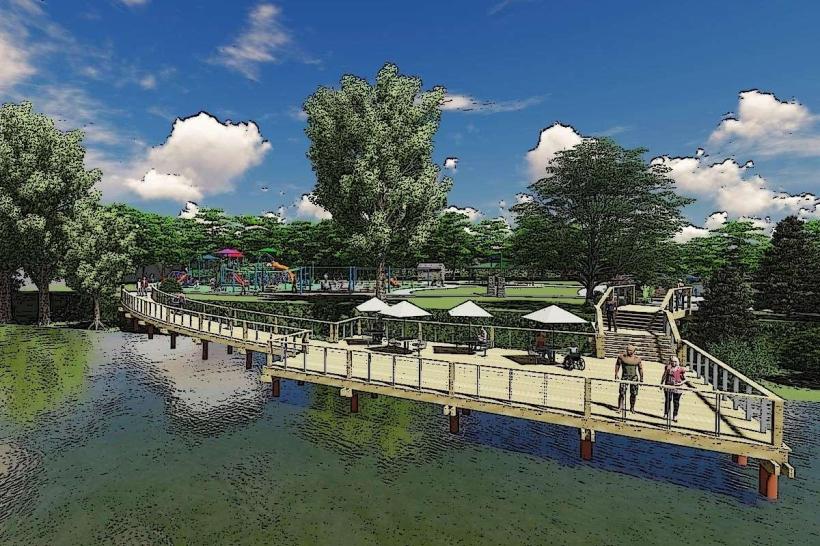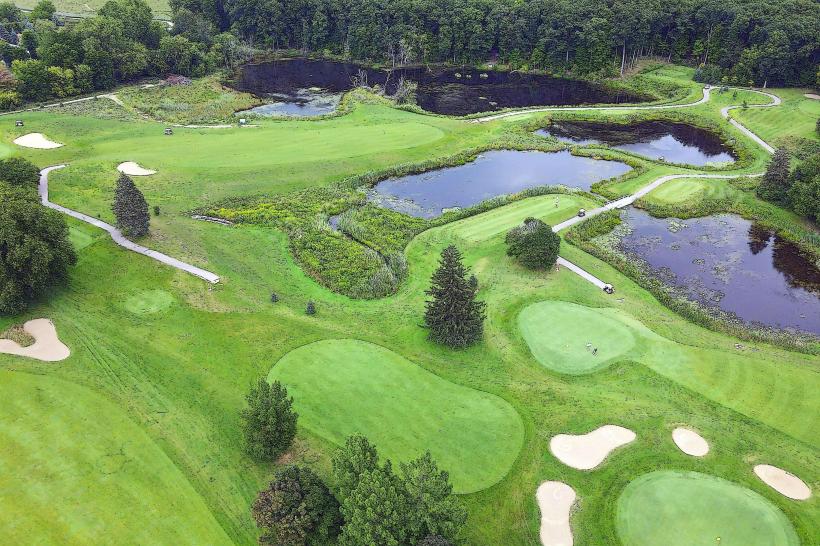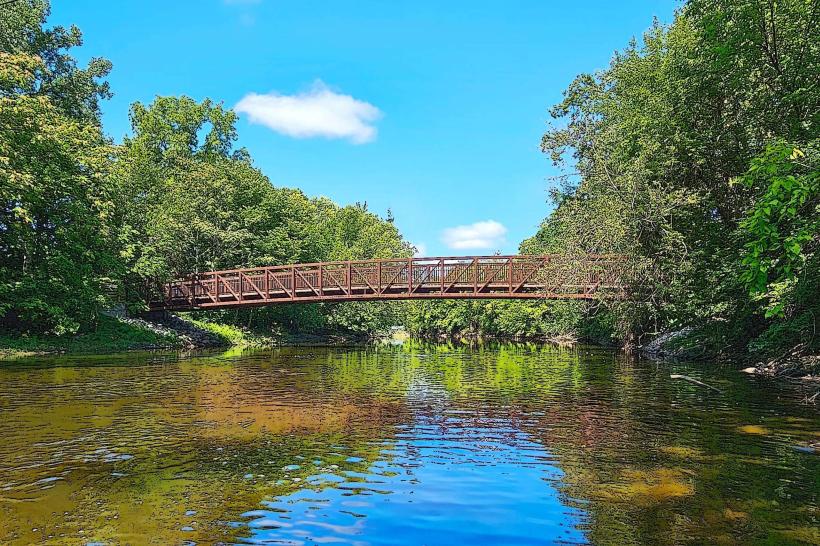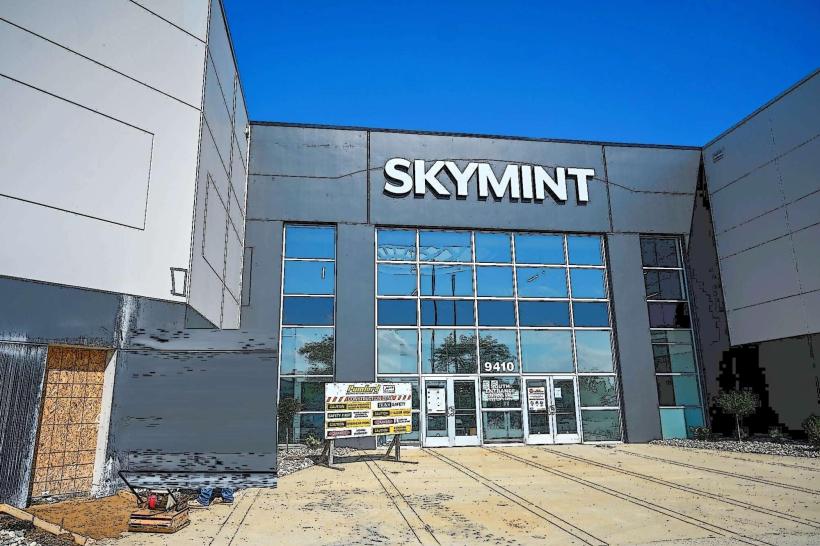Information
Landmark: Lansing City MarketCity: Lansing
Country: USA Michigan
Continent: North America
Lansing City Market, Lansing, USA Michigan, North America
The Lansing City Market is a public market located in Lansing, Michigan, USA.
It serves as a venue for local vendors to sell produce, crafts, and prepared foods.
Visual Characteristics
The market building is a single-story structure constructed primarily of brick. Its exterior features a combination of red brick and large, multi-pane windows. The roofline is low-pitched. Inside, the space is open with exposed ceiling beams and concrete flooring. Vendor stalls are typically constructed of wood and metal.
Location & Access Logistics
The Lansing City Market is situated at 321 City Market Drive, Lansing, MI 48933. It is approximately 1.5 kilometers (0.9 miles) east of the Lansing city center. Parking is available in an adjacent lot, with capacity for approximately 50 vehicles. Public transport access is provided by the Capital Area Transportation Authority (CATA) bus line 1, with a stop located directly across the street from the market entrance.
Historical & Ecological Origin
The current structure was built in 1950, replacing an earlier market that burned down. It was designed by local architect John Smith. The original purpose was to provide a central location for farmers and artisans to sell their goods directly to consumers, fostering local commerce.
Key Highlights & Activities
Visitors can purchase fresh fruits and vegetables from local farms. Artisans offer handmade crafts, including pottery, jewelry, and textiles. Prepared food vendors sell items such as baked goods, sandwiches, and ethnic cuisine. Sampling of products is often permitted by individual vendors.
Infrastructure & Amenities
Restrooms are available within the main market building. Limited shaded areas are provided by awnings over some outdoor vendor stalls. Cell phone signal (4G/5G) is generally strong within the market area. Food vendors are present on-site.
Best Time to Visit
For optimal selection of fresh produce, visiting on Saturday mornings between 8:00 AM and 11:00 AM is recommended. The market operates year-round, but the peak season for local produce is from May through October. Indoor vendors are accessible during all operating hours.
Facts & Legends
A local anecdote suggests that the market's original location was chosen due to its proximity to the Grand River, facilitating trade via water transport in earlier eras, though this is not historically documented for the current site.
Nearby Landmarks
- Michigan State Capitol Building (1.2km West)
- Impression 5 Science Center (1.0km West)
- Adado Riverfront Park (0.8km Southwest)
- Lansing Art Gallery & Education Center (1.3km West)

